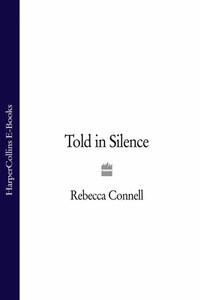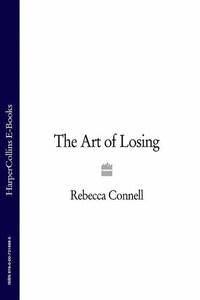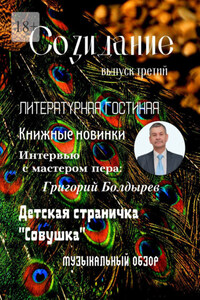At the airport I felt the first stirrings of a change. I watched my shadow gleaming ahead in the bright reflective floor as I walked towards the café’s reddish cocoon. Curved walls rising and curling inwards to meet me; warm globular lights scattering sparkles across the tables. It struck me that I had never seen these things before. I had grown so accustomed over the past few months to reseeing the same surroundings that the realisation that there could still be first times, for anything, gave me a brief sting of surprise.
The plane was late landing. I felt impatient as I scanned the arrival boards from my café seat, and this sensation too was unfamiliar. I imagined Harvey, shifting slightly in his window seat, every so often glancing at the heavy gold watch that he always wore, but otherwise betraying no flicker of discontent. Lately I had mastered his level of restraint without even trying. Now, though, I could feel my fingers wilfully flexing with annoyance, my heart beating a sharp erratic tattoo against my ribs. Anxious not to be late, I had driven too fast up the motorway, numb with fright after so long away from the wheel. It had taken half an hour of patrolling the cool white airport shopping arcade for the panic to subside. I had left the café until last, deliberately stringing out the minutes as I watched the plane’s arrival tick back and back, balancing what little entertainment I could find against the delay.
I ordered a coffee and drank it in tiny sips, the acrid taste prickling on my tongue. It was another twenty minutes before the news that the plane had touched down blinked out at me from the screen. Although I knew it would be a while longer before Harvey emerged with his luggage, I gulped the last of the coffee down hastily. I would walk over to the arrivals gate and wait there. The decision, small though it was, flooded me with pride; I was too used these days to having my decisions made for me. I found myself smiling. I had dreaded this mission for weeks, but now that it was drawing to its conclusion, I wondered what I had been worrying about. I took a swift look around the café: an elderly couple huddled over a teapot, a bored beautiful young woman flicking through a magazine, a teenage boy plugged into headphones and oblivious to his parents. I’m one of you, I thought. And it was true – from the outside, no one would be able to tell the difference between us. I stood up.
As if by magic, a waitress materialised at my side. All false nails and false smile. ‘Are you off?’ she cooed.
I nodded uncertainly – what business was it of hers? I started to move away, but she followed, her tanned forehead creasing a little now with what looked like annoyance. I turned back, my eyebrows raised politely.
‘That’ll be one ninety-five, then, please,’ she said. Simple though they were, it took a strangely long time for my brain to filter and decipher the words. Reflexively, my hand went to my pocket, but I knew it was pointless. I had come out without a handbag, without any money, without a credit card, without anything at all except the car keys. Two hours earlier, it had been as much as I could manage to force myself through the door. I felt my cheeks flush and panic grind into gear; a sharp needling noise in the back of my head, a sudden ache in my stomach. Uselessly, I patted the pocket again. The waitress had taken a step back now, arms folded. Out of the corner of my eye I could see the elderly couple, watching, waiting. Their faces were suddenly full of suspicion.
‘I’m sorry,’ I said. My voice sounded far off. The curved red walls of the café began to swoop and slide around me. ‘I…I don’t—’
‘Don’t worry about it,’ the waitress said. I had expected her to be angry, but her voice was soaked in pity. I glanced up sharply, and saw it reflected in her eyes, as clear as glass.
I spun on my heel and walked away, as quickly as my legs would carry me. I could feel those eyes boring into my back, making their judgement. For a second I wanted to turn back, to explain to her that although I might well pass for a wayward teenager in her eyes, I was a respectable married woman, that I had simply been going through a difficult time, and that sometimes the everyday practicalities of how to move through the world had a tendency to slip away from me. But she wouldn’t have understood – few people did – and of course I wasn’t married; not really, not any more. I pressed my fist, cold and hard as a diamond, against my chest, and breathed in. That much I could manage, but it didn’t shut out the little voice hissing at me in the back of my head. What sort of person goes into a café and orders a coffee, without remembering that they have to pay for it? An idiot. A madwoman.









